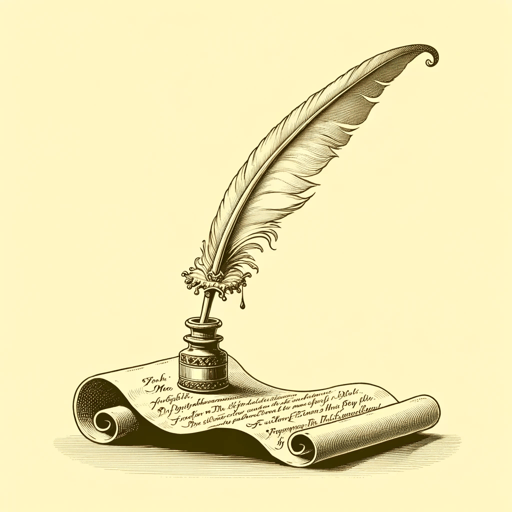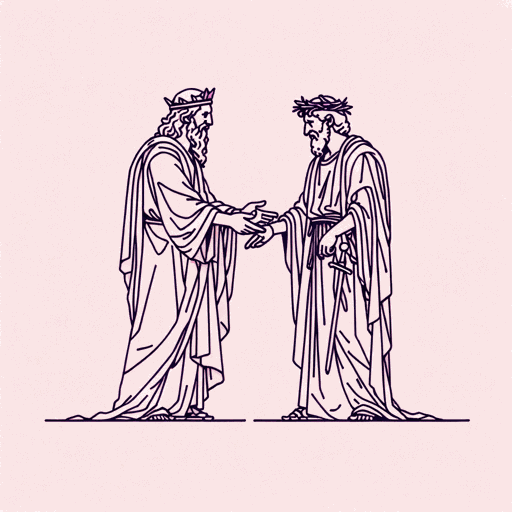27 pages • 54 minutes read
John DrydenMac Flecknoe
Fiction | Poem | Adult | Published in 1682A modern alternative to SparkNotes and CliffsNotes, SuperSummary offers high-quality Study Guides with detailed chapter summaries and analysis of major themes, characters, and more.
Poem Analysis
Analysis: "Mac Flecknoe"
In “Mac Flecknoe,” Dryden engages with an epidemic of dull writers and ignorant readers. At the heart of the poem lies an elitist concern that London’s poor aesthetic values will lead to a depraved literary culture that celebrates poor works over works of value. The scale of the problem, as Dryden interprets it, is revealed through the use of the epic form. Epics, conventionally, are defined by their role in nation-building; they detail heroic deeds and events that are at the root of cultural or national identity. A mock-heroic, such as Dryden’s “Mac Flecknoe,” serves a similar function. However, instead of detailing the heroic deeds and positive virtues that led to the founding of a real culture, “Mac Flecknoe” imagines a nation founded on the negative virtues of “dullness” (Line 16) and “non-sense” (Line 6). In a way, Dryden envisions an aesthetic and intellectual dystopia where boring works are favored above interesting works, and nonsense is favored above sense.
Dryden’s use of irony also betrays the severity of this epidemic. Members of Flecknoe’s kingdom are at once dismissed and celebrated for their lack of literary talent. Shadwell’s most distinctive trait, for example, is his inability to make sense.
Related Titles
By John Dryden




